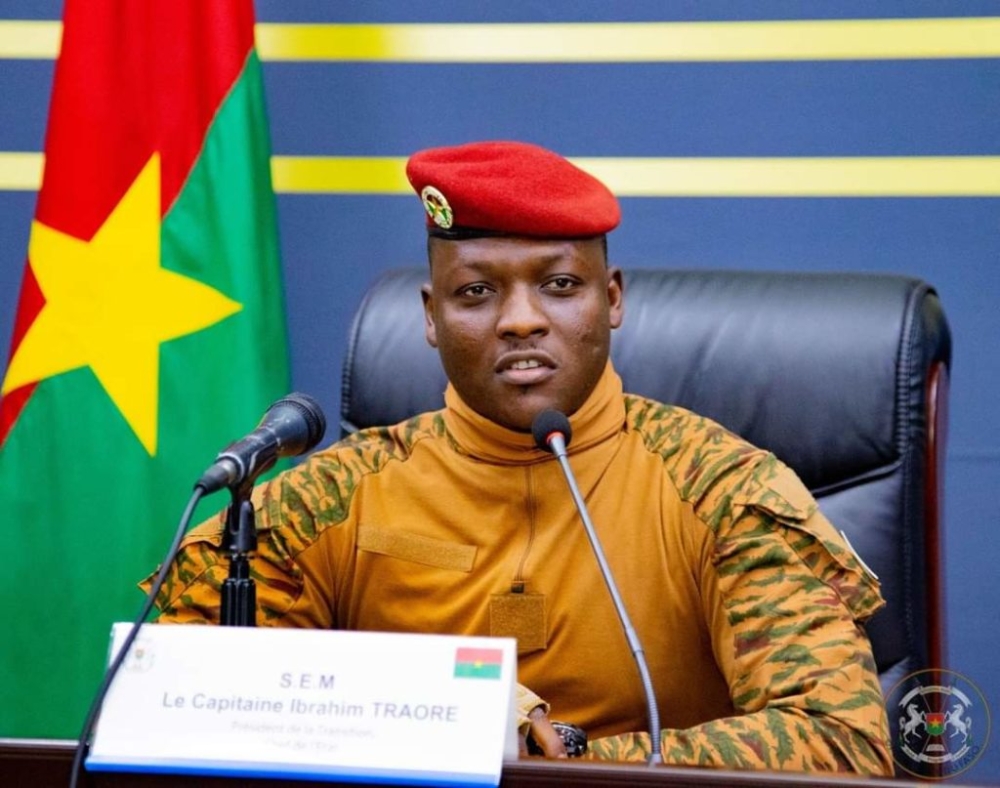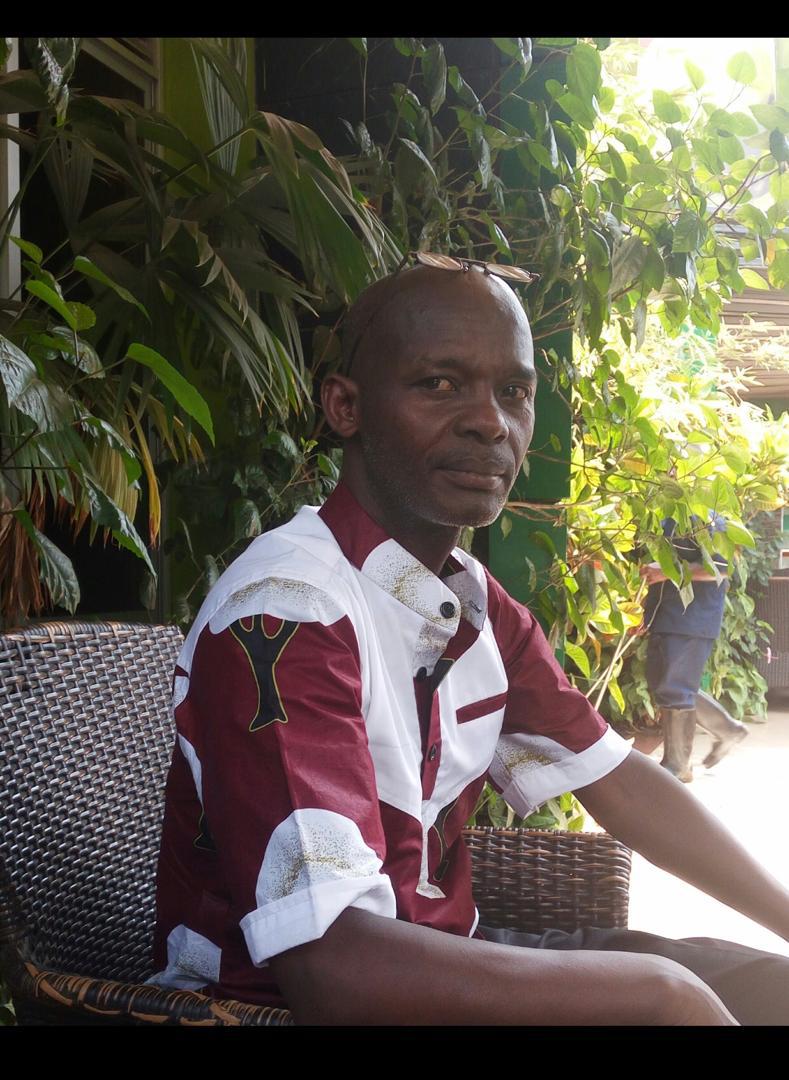

Last week, U.S General Michael Langley, Commander of United States Africa Command (AFRICOM) accused Burkina Faso President Captain Ibrahim Traoré of misusing the country’s gold reserves for personal gain rather than public welfare.
Langley went as far as to call Traoré a "threat to his own people.” In response, Traoré declared, "Either we fight for our country, or we remain slaves forever,” vowing to die for Burkina Faso’s sovereignty.
Following Langley’s attempt to discredit Burkina Faso’s leadership, a group claiming to be Burkinabe citizens protested in Paris, demanding Traoré’s resignation. This tactic—using diaspora communities to destabilize African governments—echoes historical Western strategies to eliminate leaders like Sylvanus Olympio, Thomas Sankara, Patrice Lumumba, and Muammar Gaddafi.
In 2025, these methods are faltering, prompting a new approach: manipulating Africans abroad to undermine defiant leaders like Traoré.
In Burkina Faso’s case, a small, paid group marched in Paris to sway opinion against Traoré. Yet, his achievements in a short time—revitalizing national pride and inspiring pan-Africanism—make him a formidable figure, unnerving Western powers.
They fear the growing consciousness he ignites among African youth. This strategy extends beyond Burkina Faso. Western agendas target any African leader resisting external control, from Mali’s General Assimi Goïta to Senegal’s President Bassirou Diomaye Faye.
Western tactics in Rwanda: A case study
Rwanda illustrates the failure of Western-backed "heroes.” In 2003, Faustin Twagiramungu, a former prime minister supported by Belgium, France, and the U.S., ran for president and lost decisively. The U.S. ambassador at the time, Margaret McMillion, was openly described as his chief campaigner.
Next came Victoire Ingabire Umuhoza, who formed the United Democratic Forces with Rwandan exiles in Europe and North America. In 2010, she arrived in Kigali, delivering a controversial speech at the Gisozi Genocide Memorial that derailed her presidential ambitions by denying the established narrative of the 1994 Genocide Against the Tutsi.
When Ingabire failed, the West backed Thomas Nahimana, a France-based candidate for the 2017 elections. His journey ended abruptly in Nairobi, and his Western-funded "Rwandan People’s Government in Exile” in Paris fizzled out.
Similarly, Paul Rusesabagina, lionized by the West, was arrested in 2020 on terrorism charges, convicted, and later pardoned in 2023, only to return to his Western backers.
Groups like Belgium-funded JAMBO ASBL continue to support these Western-orchestrated campaigns, but their impact remains negligible.
The Rise of resilient African leadership
Pessimistic claims that "Africa is a mess and will never improve” are outdated. Leaders like Mali’s Goïta, who severed colonial ties with France, embody a new resolve. Goïta once said, "If death finds me on this path, do not mourn me.
I did what was right for my country.” Others, like Niger’s General Abdourahamane Tchiani, Namibia’s President Netumbo Nandi-Ndaitwah, Senegal’s Bassirou Diomaye Faye, and Ethiopia’s Abiy Ahmed, are joining this wave, pursuing sovereignty and regional cooperation, including Africa’s nuclear and drone industries.
The West’s old playbook—eliminating leaders as they did Gaddafi—won’t work in 2025. Rwanda’s President Paul Kagame exemplifies this resilience. His leadership, spanning over two decades, threatens Western interests, particularly their desire to keep the Democratic Republic of Congo unstable.
Kagame’s words at KWIBUKA31 resonate: "When can Africans refuse to be mistreated? To be told their lives depend on someone else’s favor? You must fight for yourself.” This message fuels a contagious wave of leadership across Africa, reminiscent of the Arab Spring but rooted in authentic African aspirations, not Western designs.
The West must recognise that 2025 is not 1885 or 1960. The era of imposed "heroes” is over. Africa’s fire of self-determination burns brightly, and no amount of manipulation can extinguish it. The continent deserves leaders who serve their people, not foreign interests.


